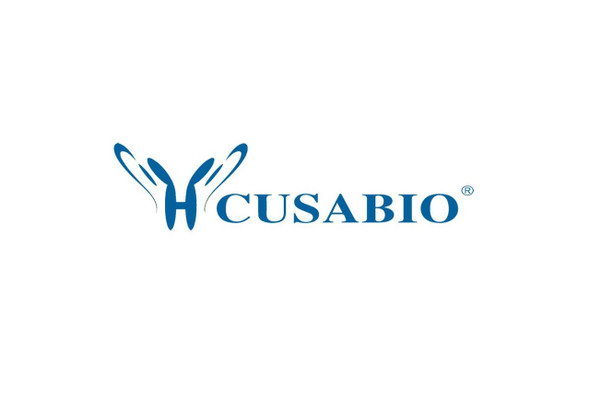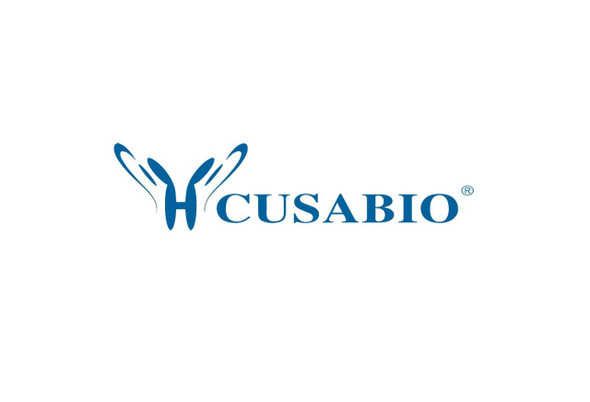Cusabio Active Proteins
Recombinant Rat C-X-C motif chemokine 3 protein (Cxcl3) (Active) | CSB-AP001411RA
- SKU:
- CSB-AP001411RA
- Availability:
- 5 to 10 Working Days
Description
Recombinant Rat C-X-C motif chemokine 3 protein (Cxcl3) (Active) | CSB-AP001411RA | Cusabio
Protein Description: Full Length of Mature Protein
Alternative Name (s) : Cytokine-induced neutrophil chemoattractant 2, Macrophage inflammatory protein 2-alpha/beta, MIP2-alpha/beta
Gene Names: Cxcl3,Cinc2
Research Areas: Immunology
Species: Rattus norvegicus (Rat)
Source: E.Coli
Tag Info: Tag-Free
Expression Region: 33-101aa
Sequence Info: RELRCQCLKT LPRVDFENIQ SLTVTPPGPH CTQTEVIATL KDGQEVCLNP QAPRLQKIIQ KLLKSDKSS
Biological Activity: Fully biologically active when compared to standard. The biological activity determined by a chemotaxis bioassay using human CXCR2 transfected murine BaF3 cells is in a concentration range of 5-50 ng/ml.
MW: 7.8 kDa
Purity: >96% as determined by SDS-PAGE and HPLC.
Endotoxin: Less than 1.0 EU/µg as determined by LAL method.
Relevance: Ligand for CXCR2 (By similarity) . Has chemotactic activity for neutrophils. May play a role in inflammation and exert its effects on endothelial cells in an autocrine fashion. {ECO:0000250, ECO:0000269|PubMed:8043001, ECO:0000269|PubMed:8607872}.
PubMed ID: 8043001; 9576061; 8471066; 8607872
Notes: Repeated freezing and thawing is not recommended. Store working aliquots at 4℃ for up to one week.
Function: Ligand for CXCR2 (By similarity) . Has chemotactic activity for neutrophils. May play a role in inflammation and exert its effects on endothelial cells in an autocrine fashion.
Involvement in disease:
Subcellular Location: Secreted
Protein Families: Intercrine alpha (chemokine CxC) family
Tissue Specificity:
Paythway:
Form: Lyophilized powder
Buffer: Lyophilized from a 0.2 µm filtered 20 mM PB, pH 7.4, 50 mM NaCl
Reconstitution: We recommend that this vial be briefly centrifuged prior to opening to bring the contents to the bottom. Please reconstitute protein in deionized sterile water to a concentration of 0.1-1.0 mg/mL.We recommend to add 5-50% of glycerol (final concentration) and aliquot for long-term storage at -20℃/-80℃. Our default final concentration of glycerol is 50%. Customers could use it as reference.
Uniprot ID: Q10746
Uniprot Entry Name: CXCL3_RAT
HGNC Database Link: N/A
UniGene Database Link: UniGene
KEGG Database Link: KEGG
STRING Database Link: STRING
OMIM Database Link: N/A









